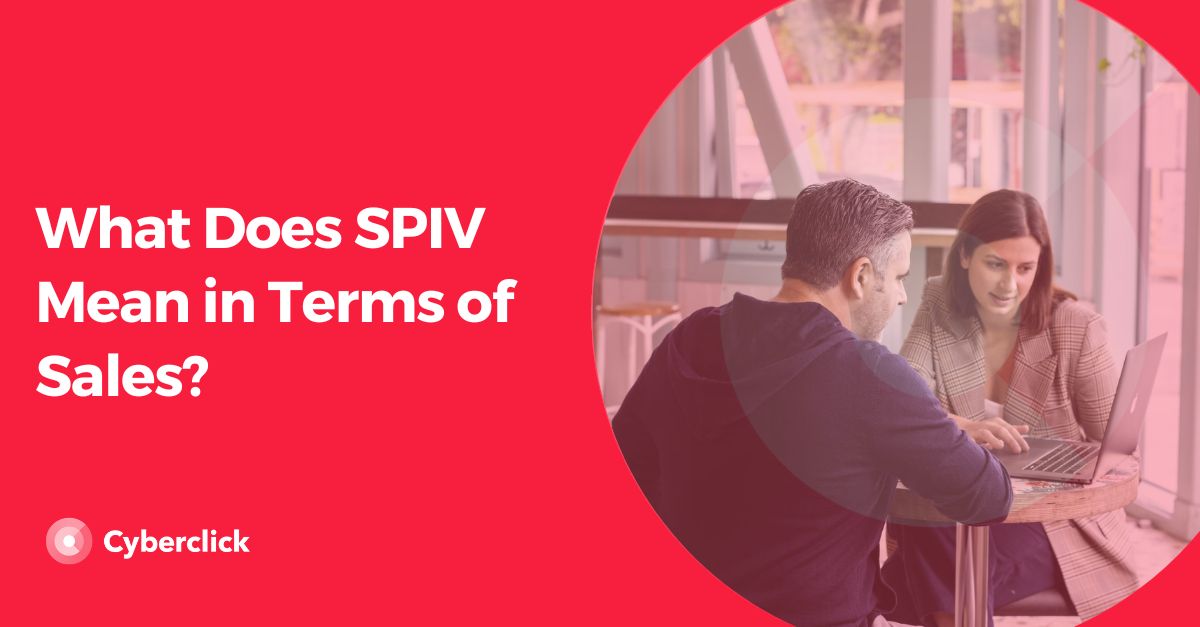If you’re still sending every email manually, this article is for you. Automation doesn’t just save time, it makes your emails smarter. Think welcome messages that send the second someone signs up, abandoned cart nudges that win back lost sales, and personalized content that feels like you wrote it for each subscriber.
That being said, not all email marketing tools are the same. Some are beginner-friendly but lack depth. Others have enterprise-level power—with enterprise-level price tags to match.
So which platform is right for you? Let’s dive into our picks for the 10 best email marketing automation tools on the market right now. We’ll take a look at their pros, cons, and pricing to help you understand which one best fits your needs.

1. ActiveCampaign: For Marketers Who Want Power and Flexibility
ActiveCampaign has been around for years, and for good reason. It’s a powerhouse when it comes to automation, with over 900 integrations and AI-driven recommendations. Beyond the workflow flexibility it’s known for, its AI now helps companies optimize sending times, predict customer behavior, and surface data-driven insights that make campaigns stronger.
- Pros: Advanced analytics, predictive AI, and tools that scale with you.
- Cons: One of the pricier mid-market options.
- Price: From $15/month, scaling with contact limits and features like generative AI.
ActiveCampaign is a solid option if you’re looking for both power and innovative tech in your future campaigns.
2. Brevo: The Budget-Friendly One-Stop Shop
Brevo offers lots of features at a low price. Beyond email, it manages SMS, chat, and even ads.
- Pros: A discover plan that includes customizable email templates and a limit of 300 emails per day is available.
- Cons: That daily cap gets limiting fast if you’re scaling.
- Price: Free, with paid plans unlocking higher sending limits.
Brevo is great for small businesses that want to implement multichannel marketing without the high price tag.
3. Mailchimp: Ideal for Beginners
Mailchimp has long been the go-to for email beginners, but it’s grown into a much more advanced platform. With send-time optimization, personalization options, and A/B testing, it helps marketers fine-tune campaigns without any guesswork.
- Pros: Easy-to-use editor, lots of guidance and customer service options, plenty of templates and add-ons available.
- Cons: Costs increase quickly as your list grows.
- Price: Free plan that includes up to 500 contacts and 1,000 monthly emails. Paid plans start at $13/month but include free trial periods.
If you’re looking for personalized onboarding or a platform that is perfect for beginners but still includes a slew of professional-grade features, Mailchimp could be the one for you.
4. Omnisend: Built for Online Stores
Omnisend is more specific to ecommerce. It is primarily designed to deal with things like cart abandonment flows, product recommendations, and SMS marketing.
- Pros: Prebuilt templates for Shopify, WooCommerce, and more.
- Cons: The free plan is very limiting. It includes 250 contacts and 500 emails per month.
- Price: Paid plans start at $16/month.
If you run an online shop, Omnisend can act as your go-to marketing assistant for all things automation.
5. GetResponse: Funnels, Webinars, and More
GetResponse goes beyond just writing and sending emails. It offers full funnels, webinar hosting, and landing page creation.
- Pros: Great for lead generation and nurturing.
- Cons: Can feel overwhelming if you just want simple email automation.
- Price: Starts at around $19/month.
GetResponse is a solid choice if you’re building full customer journeys, not just sending newsletters.
6. ChatGPT: AI-Powered Content Creation for Emails
While it’s not an email platform in itself, ChatGPT has become a go-to tool for writing subject lines, generating copy variations, and brainstorming campaign ideas. You can pair it with tools like Mailchimp, HubSpot, or ActiveCampaign to quickly create engaging email content that is refined and tailored.
- Pros: Fast content generation, endless variations, strong personalization potential.
- Cons: Needs human oversight for brand voice consistency and compliance.
- Price: Free plan available, although paid plans may be worth considering depending on the size of the team and features used.
ChatGPT can be a very useful tool if you spend too much time of your time on blank-page writing or want to make an email more compelling before hitting send.
7. HubSpot Marketing Hub: The All-in-One Platform
HubSpot is more than just an email platform. It’s CRM, ads, forms, chat, reporting, and automation rolled together.
- Pros: Everything is easily integrated.
- Cons: To unlock real automation, you’re looking at $800+ per month.
- Price: Free basic plan, but advanced automation can be pricey.
If you’re serious about inbound marketing and aren’t on a tight budget, HubSpot is hard to beat.
8. Klaviyo: Personalization for Serious Ecommerce
Klaviyo is another ecommerce favorite, loved for its deep personalization and Shopify integration.
- Pros: Advanced segmentation, SMS included, great data insights.
- Cons: Pricing scales up quickly.
- Price: Free for up to 500 monthly email sends. Paid plans that include 30x more monthly email sends are available starting at $45 per month.
Klaviyo is perfect for stores that want to make every email feel like a one-to-one conversation.
9. Salesforce Marketing Cloud: Enterprise-Grade Power
Salesforce Marketing Cloud is one of the most robust solutions on the market. It is ideal for large-scale campaigns and complex customer journeys. Its AI-driven insights and cross-channel automation let you deliver highly personalized messaging at scale.
- Pros: Powerful data integration, predictive analytics, perfect for complex customer lifecycles.
- Cons: Steeper learning curve, higher price point.
- Price: Custom pricing, generally above $1000 per month.
Salesforce Marketing Cloud is best suited for businesses that are looking for high personalization and want to connect email campaigns with broader CRM strategies.
10. Marketo Engage: Precise Targeting to Drive Demand
Owned by Adobe, Marketo Engage specializes in lead management, advanced segmentation, and nurturing. It’s widely used for B2B campaigns but can work for other industries as well. Its strength lies in automating multi-step journeys and scoring leads for sales teams.
- Pros: Excellent lead management, strong integrations, deep automation capabilities.
- Cons: Can feel overwhelming if you do not have a dedicated team to oversee it.
- Price: Custom pricing, generally mid-to-high range.
Marketo Engage works best if your focus is on nurturing prospects over time or if you are looking for more precise targeting capabilities.
So, Which Tool Should You Choose?
The right email marketing tool really depends on what you need most. If you’re just starting out, Mailchimp is hard to beat for ease of use. Brevo offers a budget-friendly way to scale without losing quality.
On the other end of the spectrum, Salesforce Marketing Cloud and Marketo Engage stand out for enterprise-level campaigns where data, automation, and integrations take center stage. Meanwhile, HubSpot offers a strong all-in-one solution for teams that want email to plug right into their CRM and inbound marketing strategy.
If design and reporting are priorities, Klaviyo gives you clean templates paired with solid analytics. And if your biggest challenge is generating fresh content, ChatGPT can become your go-to creative sidekick for subject lines, copy variations, and brainstorming new ideas. Each tool has its strengths, so the key is matching the platform to your goals, your team’s capacity, and your budget.
Content & Marketing Strategist en Cyberclick. Apasionada por la comunicación, la generación de contenidos y el mundo audiovisual. Graduada en Periodismo por la Universidad Autónoma de Barcelona.
Content & Marketing Strategist at Cyberclick. Passionate about communication and content creation. Tanit holds a degree in Journalism from the Autonomous University of Barcelona.






Leave your comment and join the conversation